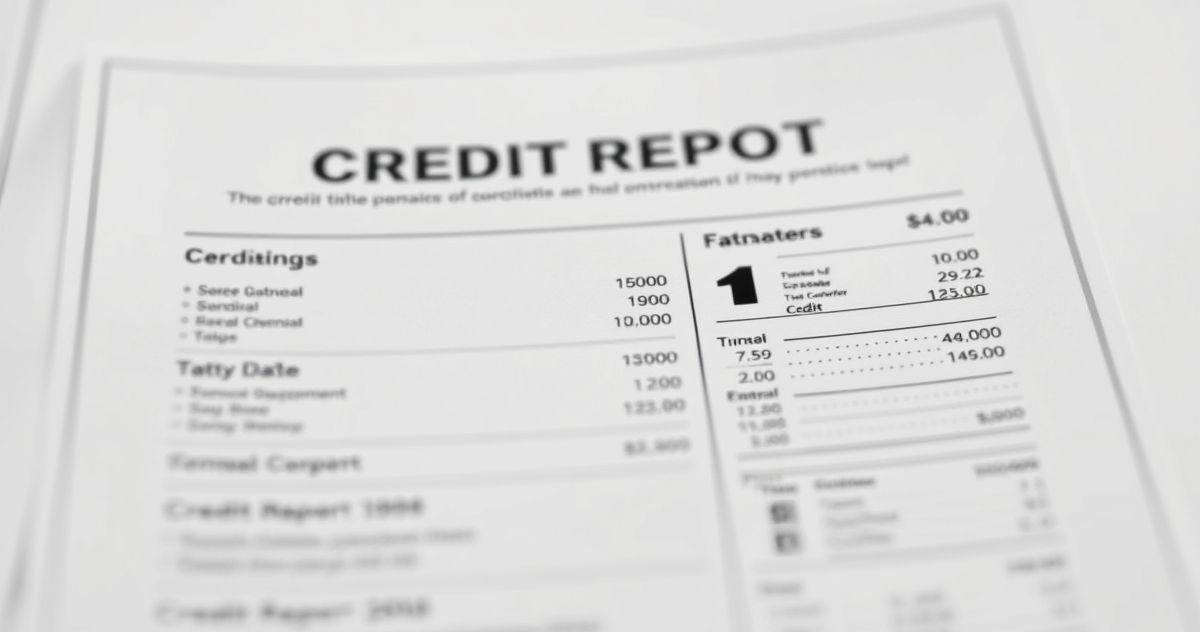The term “Expired Credit Report Protocol” is often misunderstood. Credit reports do not have an expiration date like a milk carton or library book; instead, they are dynamic records updated regularly by the three major credit bureaus—Equifax, Experian, and TransUnion. While the report itself remains valid, specific information on it ages and is removed after set periods dictated by the Fair Credit Reporting Act (FCRA), a federal law designed to ensure accurate and timely credit data.
How Long Information Stays on Your Credit Report
Certain types of credit information remain on your report for specific durations:
- Late Payments, Collections, Charge-offs: 7 years from first delinquency.
- Chapter 7 Bankruptcy: Up to 10 years from filing date.
- Chapter 13 Bankruptcy: Typically 7 years from filing.
- Foreclosures: Usually 7 years from the initial missed payment.
- Paid Tax Liens: Generally removed after 7 years (paid tax liens are rarely reported now).
- Hard Credit Inquiries: Stay for 2 years, impacting scores only briefly.
- Positive Accounts: Closed accounts in good standing remain for 10 years, active accounts stay indefinitely.
For a detailed breakdown, see our Credit Report article.
Why Lenders Want Recent Credit Reports
Lenders and creditors rely on up-to-date credit reports to evaluate current financial behavior and creditworthiness. While a credit report doesn’t technically expire, many lenders consider reports older than 30 to 90 days “stale” and may require an updated report, especially for major credit decisions like mortgages.
Your Rights Under the Fair Credit Reporting Act (FCRA)
The FCRA guarantees your right to:
- Obtain a free credit report annually at AnnualCreditReport.com.
- Dispute inaccurate or outdated information.
- Know who has accessed your credit report.
Best Practices for Monitoring Your Credit
To maintain accurate credit information:
- Regularly review your credit reports.
- Dispute errors promptly with credit bureaus. (See our Dispute Credit Report guide.)
- Make payments on time.
- Keep your credit utilization low.
Common Misconceptions
- Negative items may drop off your credit report but do not erase your debt obligations.
- Checking your own credit is a soft inquiry that does not hurt your credit score (learn more about Hard Credit Pull vs Soft Pull).
FAQs
Q: How long is a credit report valid for a lender?
A: Typically 30 to 90 days, depending on the type of credit and lender requirements.
Q: Can I remove negative information faster?
A: No, except by disputing inaccuracies. Otherwise, you must wait for the reporting period to expire.
Q: Do employers have an expired credit report protocol?
A: They view current credit information but don’t rely on any “expiration” rules.
For more detailed insights, visit the Consumer Financial Protection Bureau’s what is a credit report page and our related resources linked throughout this article.

